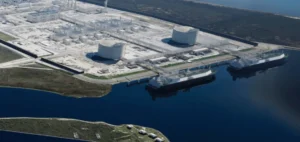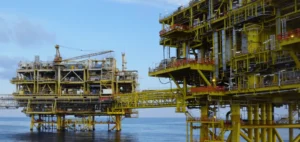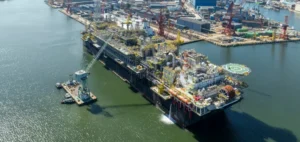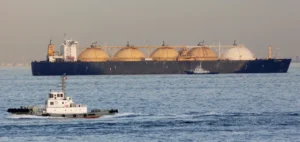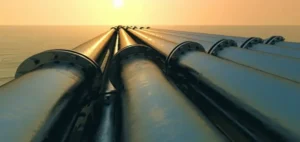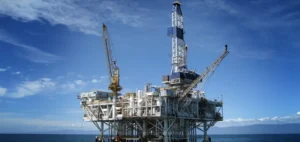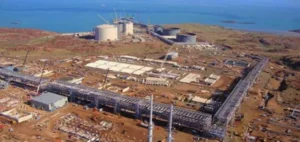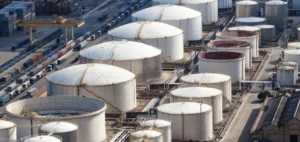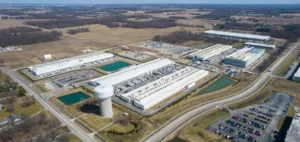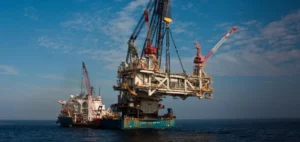Senegal is planning a major expansion of its gas sector in the coming years. In fact, several large-scale projects are underway.
Several projects in Senegal
Greater Tortue Ahmeyim (GTA), currently under development, is an offshore LNG project on the border of Mauritania and Senegal. The project is being developed jointly by BP and Kosmos Energyy. It is planned that BP will be the operator of this operation. In addition, GTA will require an investment of $5 billion and is expected to be in service in 2024 or 2025.
The project will be developed in several phases. Thus, the second phase will require an investment of $5 billion. After the addition of Phase 2, the facility will be able to supply an additional 5 million tons of gas. The objective is to reach 10 million tons of gas, once the two phases are completed.
The development of this project will provide Senegal, as well as Mauritania, with a new source of domestic energy. Therefore, it will be an additional source of income for both countries.
In parallel, the Senegalese government and BP are in discussions to develop a new domestic gas project. The latter, called Yakaar, would be for domestic use.
Sangomar, another long-awaited gas project, is expected to begin production in the second half of 2023. Senegalese President Macky Sall has stated that phase two of the project will require an investment of $2.5 billion. In addition, the infrastructure will produce approximately 100,000 barrels per day.
Senegal also has the Yakaar-Teranga gas field, which is scheduled to begin production in 2024. Thus, production is estimated at 500 million cubic feet per day.
A growing intention to operate
BP, for its part, is in discussions with Mauritania and Senegal for the next phases of the GTA project. Thus, the company also wishes to develop other projects in both countries.
To date, it is working with the Mauritanian government to develop the BirAllah gas field. The latter is a conventional gas development located in very deep waters in Mauritania. It is owned by BP, Kosmos, the Mauritanian hydrocarbon company and operated by BP Mauritania. In addition, it is currently in the appraisal phase and commercial production is expected to begin in 2028.


